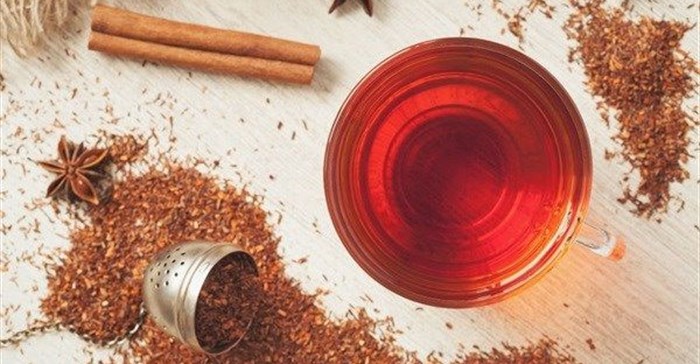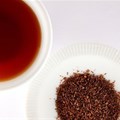Few industries have been hit as hard by the pandemic as the travel and tourism sector, but fortuitously, it has given tea tourism a boost worldwide. Adele du Toit, spokesperson for the SA Rooibos Council (Sarc) says the pandemic turned everyone's focus to healthier living, which has fuelled a resurgence in tea consumption and exploring the unique regions where tea or tisanes are produced.
"Globally, this trend has led to once dilapidated tea planter’s bungalows and houses being restored and turned into boutique hotels and lodges. Here, tea-lovers can enjoy a tranquil stay, away from the city surrounded by nature, while learning more about their favourite brew.
"Most of these tea estates are 100+ years old, so staying there and learning about its history, tea culture and heritage is a unique experience in and of itself. When you go on a tea tour, a whole new world starts to unfold. It takes you inside a century-old community that has been farming and processing tea for generations.
"From an economic perspective, tea tourism has a great outlook. The market has huge potential, and it’s sustainable and green.
"Travellers are starting to swop "sun-and-sand" vacations with new, niche travel experiences that interest them, and beverage tourism, which encompasses tea-, coffee-, wine-, whiskey/whisky- and beer tourism, all fall under the same umbrella," remarks du Toit.
Annually, tourism contributes about R130bn (3%) to SA’s Gross Domestic Product (GDP) and provides work for 4.5% of the population. Tourist numbers plummeted by 72.6% from 10.2 million in 2019 to 2.8 million in 2020.
Local economic growth
Du Toit believes the combination of rooibos farming with tourism can become a new engine of growth for the local economy, which in turn, could help create jobs and alleviate poverty.
"The registration of rooibos as a Protected Designation of Origin (PDO) in the EU last year, has created more awareness among the large tea-drinking nations in Europe of the origins of Rooibos and that it is unique to and only grows in the Cederberg region of the Western Cape. Word of its health benefits has also increased the demand for the herbal tisane."
Sanet Stander, co-founder of the Rooibos Route (established several years ago to promote tourism in Clanwilliam) says they’ve seen an uptick in international travel to the area and are booking more Rooibos tours.
"We’ve hosted tourists from all over the world, but there’s been an influx of German and Swiss tourists of late, and as locals have searched for secluded spots during the pandemic, Clanwilliam has become a favourite among South Africans too.
"Gone are the days when guests would be happy with just sightseeing and a comfortable stay. The new crop of tourists love being part of adventurous, unexplored activities, and tea tourism ticks all these boxes."
Stander says the concept of a Rooibos Route took hold after being inundated by questions from tourists about Rooibos at the local Rooibos Teahouse, a boutique restaurant where tourists can sample more than 100 varieties of Rooibos. “We realised that a route could add significant value to the tourists’ experience, and it has.
"Since 2014, we’ve hosted many local and overseas tourists, and are looking forward to welcoming more to our beautiful region," she says.






































